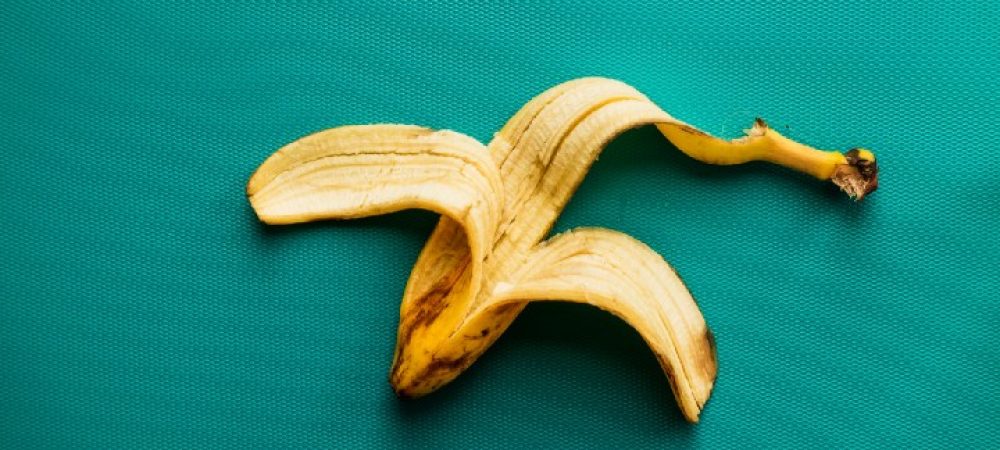The tension between efficiency and curiosity has really got me thinking of late. So many of us work in the knowledge industry and are ultimately paid for our ideas, but are we really measuring our success based on this? And do we design our spaces, schedules and tasks to truly enable great ideas to flourish? When push comes to shove it seems that we prioritise being productive, ‘shipping work’ and clearing the to do list and it’s somehow harder for us to hold sacred to explore, adventure and be curious, with no immediate end goal in mind.
Why is it so difficult to allow ourselves to be intentionally curious? Especially given that curiosity and creativity are some of the uniquely human traits which are more challenging for AI to replicate. Does it somehow feel more rewarding for our brain to tick off tasks, deliver projects and keep a clear inbox? And as a result are we neglecting the part of our brain and existence which allows us to fill the fascination funnel, connect the dots and create truly groundbreaking ideas?
The link to the brain here is a really interesting one for me and in particular our ability to recognise whether a task requires focus, and logical, narrow thinking (via the Central Executive Network) or whether there’s more of a need to let the mind wander freely, to think expansively and to not set a specific goal (tapping into the Default Mode Network). If we could navigate these two systems effectively and consciously dedicate time to ‘working-out’ both of these areas of the brain, would we feel a greater sense of balance and harmony? And surely this would lead to better ideas would it not? This reminds me of a recent study into the decline of creativity in advertising done by System One Research where they found a correlation between declining creativity and increased ‘left-brain’ advertising (short, sharp, rational soundbites). Could this be symptomatic of the state of our brains and how in the battle for attention we’ve inadvertently doubled down on efficiency, productivity and speed and somehow neglected our need for whimsical exploration and adventure? Have we had too much yang and not enough yin in our brains at work? Charles Dickens really nailed this productivity/creativity tension for me. Spending his mornings in deep work writing sessions, he would then would switch off after lunch and go for long walks along the Kent Coast, letting his mind wander and his ideas germinate. Imagine if our working days were scheduled this way. How much happier and more creative would we be?
But do great ideas really come from downtime or do we need to intentionally shake things up? I absolutely loved listening to Mo Gawdat’s podcast episode this week about order and chaos with Nobel prize winning physicist Kostya Novoselov and Visual Artist Kate Daudy. This in many ways reminded me of my recent research with the University of East London into applied curiosity and creativity. In this interview they talk about how we’re individually and collectively orientated to restore harmony and a sense of balance between order and chaos. As individuals we are half order and half chaos but are so often trying to force order and avoid chaos when in fact chaos is the birthplace of creativity. Those jolts out of the blue, that take us off autopilot, that moment where we’re somewhere new and our senses are heightened, those serendipitous encounters that we would otherwise miss.
Kostya had a wonderful way of describing this in terms of the ‘banana skins we slip on that take us away from order and throw us into chaos’. Those messy, uncomfortable, unpredictable moments where we’re thrust into the fire, desperate to run away back to ‘order’ but where we’re increasingly required to rest a little longer, to explore the boundaries of that uncertainty and maybe just maybe take curious steps towards embracing the chaos rather than fleeing from the fire. For me this is what applied curiosity is all about — how can we deliberately set up more banana skins in places where we may ‘accidentally’ slip? And could this lead us to not only great ideas but also happier, healthier lives?
1
